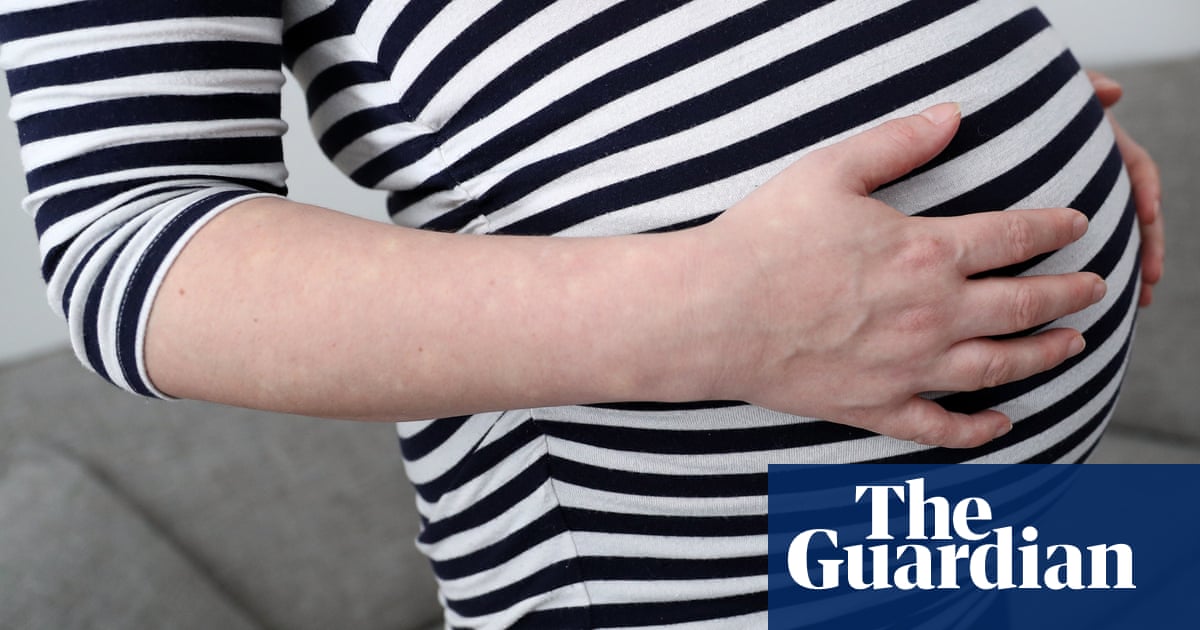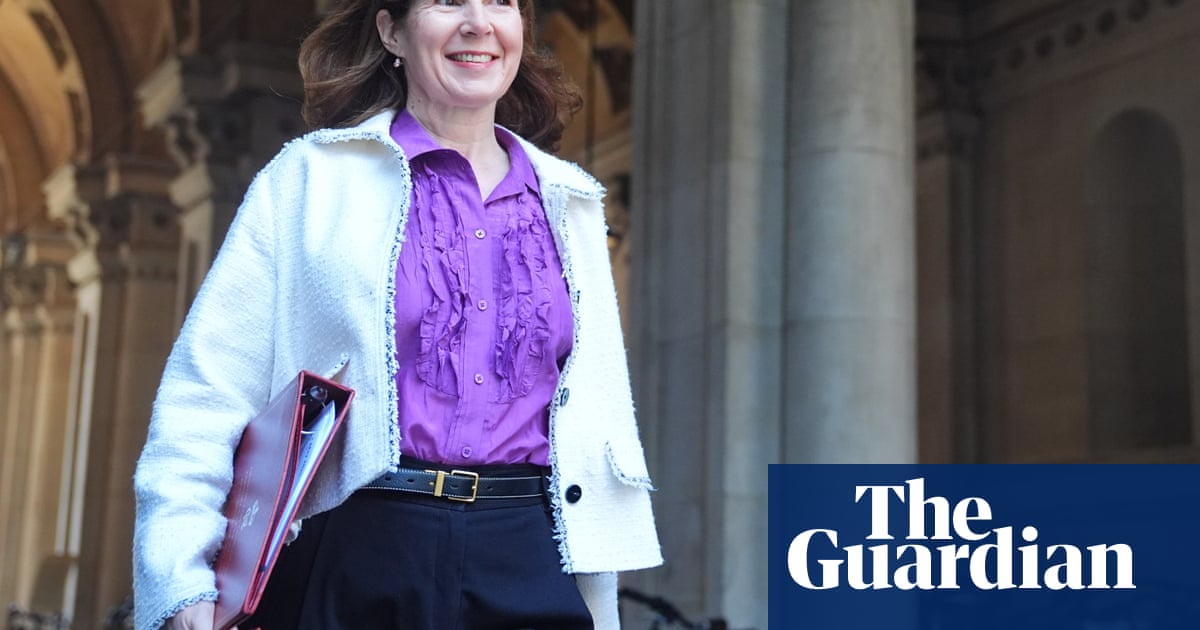Ministers have admitted that some domestic abusers and sexual abusers will be released under new plans to free up spaces in prisons in England and Wales, despite a denial from another government minister.
Under emergency measures announced by the justice secretary, Shabana Mahmood, some criminals serving sentences of between one and four years who breach their licence conditions will be returned to custody for only a fixed 28-day period.
The proposals have been condemned by two government-appointed tsars who represent victims, who claim sexual and domestic abusers will be freed to terrorise victims again.
On Thursday, Emma Reynolds, the Treasury minister, contradicted the government watchdogs, telling Times Radio: “No, it won’t apply to sexual offenders and domestic abusers. It won’t apply to the most dangerous criminals.”
Pressed by the broadcasters on whether the early release would apply to this cohort if they were serving a sentence of one to four years, Reynolds said: “Well, look, we need to ensure that we have a prison system that works. So I would reassure the victims commissioner and others that it would be unacceptable if people carried out domestic …”
A government source appeared to contradict Reynolds, saying “many but not all domestic abusers” would be excluded from the emergency measures.
“The recall measure excludes all offenders serving sentences over four years. It includes further exclusions for those who are considered higher risk who are managed in the community by multiple agencies. This includes many sexual offenders and domestic abusers. So many but not all are excluded. It depends on the risk they pose,” the source said.
The government has not yet said how many domestic or sexual abusers will be released under the scheme.
On Wednesday, Nicole Jacobs, the domestic abuse commissioner for England and Wales, said lives were being put in danger because of the proposed change.
“You are not sent to prison for four years if you do not pose significant risk to your victim or the wider public. Perpetrators of domestic abuse know everything about their victim … Re-releasing them back into the community after 28 days is simply unacceptable,” she said.
“What makes this worse is that ministers cannot safely exempt all perpetrators of domestic abuse from this proposal, because they do not know how many domestic abusers are serving time in prison or currently being monitored by probation.”
The victims’ commissioner for England and Wales, Helen Newlove, said she would be writing to Mahmood to express her concern that the “short-term, stopgap” measures were corroding confidence in justice.
“I find it difficult to understand why this specific group of offenders has been targeted for early release and I am concerned about the implications for victim safety,” Lady Newlove said.
Offenders are recalled to prison if they commit another offence or breach licence conditions, such as by missing probation appointments, when they are released early but remain on licence.
Robert Jenrick, the shadow justice secretary, was granted an urgent question in the Commons on the change. He said the decision was “wildly unpopular” and “risks the safety of the public”.
He said: “[Mahmood] has refused to take the judiciary up on their offer of extra sitting court days. Instead she has decided to let out early criminals who reoffend or breach their licence. There is no punishment or deterrent for criminals who immediately reoffend or cheat the system.”
Gavin Williamson, the Tory former defence secretary, asked ministers to disclose the number of domestic abuse offenders who would be eligible for the scheme.
Nic Dakin, the justice minister, replied: “I hear his question and I will write to him.”
Dakin said anyone serving more than four years in prison would be excluded from the changes to prison recall, as would those guilty of terror or national security offences, and criminals with a higher level of risk management, which includes some sexual and violent offenders, including domestic abusers.
Andy Slaughter, the Labour chair of the justice select committee, said the crisis was the responsibility of the previous government and called for a review of the number of prisoners on recall in the prison population.
“We have to look at the way that recall has developed. There were 100 cases over 30 years ago, to over 13,000 today – it is over 15% of the prison population,” he said.

 6 hours ago
6
6 hours ago
6

















































